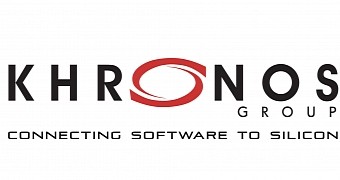Vulkan API is the name of the Next Generation OpenGL initiative and it's the successor of the current OpenGL solution. It's still in the early stages of development, but it's coming.
OpenGL is a rendering API for 2D and 3D graphics and it's been an important Linux component for many years, even if it's a cross-platform API. Some of you might remember that some games on the Windows platform, like Half-Life for example, gave you the option to choose between Direct3D and OpenGL. You probably didn't see any major changes then and there aren't all that many now.
Unfortunately for OpenGL, a lot of money and effort has been poured into Direct3D, but that was understandable. It was needed in one of the most used operating systems on the market. OpenGL didn't have the same fortune, but it never went away. Now, the opposite is happening and it looks like it's making a comeback.
The problem is that OpenGL is old and no matter how versatile it is and no matter how many extensions are released for it, it's no longer suited for the future of the industry. This is why the Khronos Group (consortium of various hardware and software companies) is now announcing Vulkan API, which should be the replacement of the old and trusted OpenGL.
Vulkan API is still in its early stages
Khronos Group is not a shady enterprise, although its name is relatively unknown to the general public. It's a non-profit organization that has members like AMD, Intel, Apple, Qualcomm, Sony, Google, Adobe, Amazon, Pixar, Valve, and pretty much all of the major players, including Microsoft.
"The availability of technical previews for the new Vulkan open standard API has been announced for high-efficiency access to graphics and compute on modern GPUs used in a wide variety of devices. This ground-up design, previously referred to as the Next Generation OpenGL® Initiative, provides applications direct control over GPU acceleration for maximized performance and predictability, and uses Khronos’ new SPIR-V™ specification for shading language flexibility," reads the announcement from Khronos Group.
A preview session named "Vulkan: The Future of High Performance Graphics" will be hosted by Valve at the upcoming GDC conference in San Francisco, so you know that they are very serious with this stuff. In fact, Valve is one of the companies that have the most to gain from the success of Vulkan API, so the entire gaming community will watch this event.

 14 DAY TRIAL //
14 DAY TRIAL //